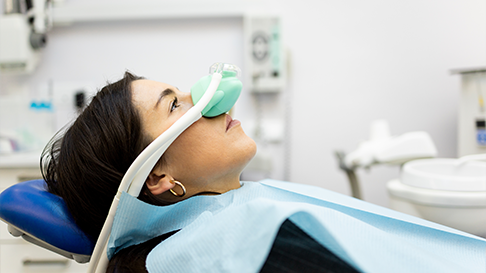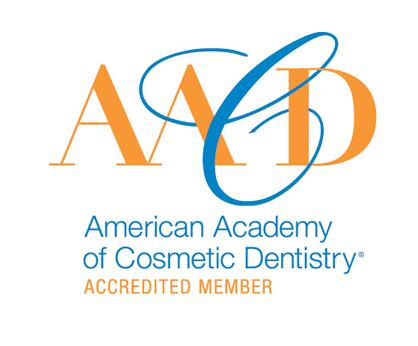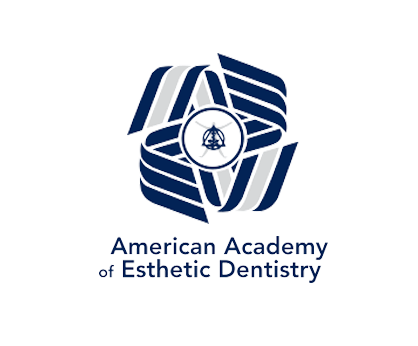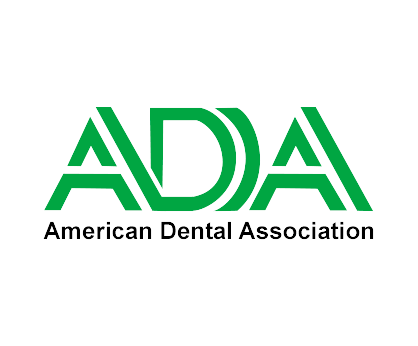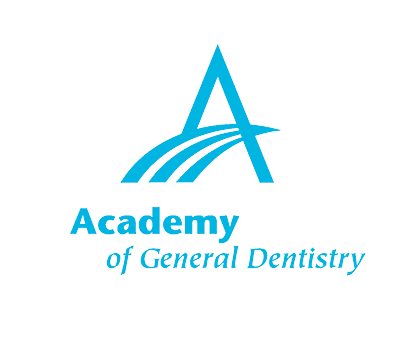Dental visits can be intimidating for many people. Whether it’s the sound of the drill, the thought of needles, or just general anxiety about someone working inside your mouth, it’s perfectly normal to feel a bit on edge. Some people, however, experience so much apprehension that they avoid appointments altogether, risking their oral health and overall well-being. If you’ve ever postponed or canceled a dental appointment because of anxiety—or simply dreamed of a more comfortable experience—total sleep dentistry might be an option worth exploring.
At Complete Health Dentistry, we understand that every patient’s comfort is crucial. We’ve seen firsthand how transforming the dental experience with sedation has helped countless individuals not only maintain better oral health but also overcome deep-rooted fears.
What Does Being Put to Sleep Feel Like?
If you’ve never experienced sedation for dental treatment, the idea might sound a bit nerve-racking at first. Truthfully, being “put to sleep” for a procedure can feel different from one person to another, but generally, patients describe it as drifting off into a peaceful, light sleep.
- A Gradual, Gentle Onset: In many cases, an anesthesiologist or trained dental professional administers medication through an IV or sometimes via inhalation (though for deeper sedation, IV is more common). After a few moments, you start to feel deeply relaxed, and then you gently slip into unconsciousness. The transition can feel pleasantly warm and comforting—like dozing off in a cozy spot at home.
- A Sense of Time Travel: Patients often mention that they “wake up” and feel as though only minutes have passed, even if the procedure lasted much longer. This sense of time distortion can be a relief for those who feel anxious about being in the chair for extended periods. By the time you regain full awareness, the entire treatment could already be finished.
- Minimal to No Recollection: One significant benefit of being sedated is the memory block it can create. You might recall coming into the office, chatting with the staff, and receiving the sedation medication—but details of the procedure itself often vanish. For many with dental anxieties, not remembering any of the drilling, poking, or prodding can be a huge relief and can greatly reduce any trauma associated with dental care.
- A Careful Awakening: After the dentist finishes, you’ll slowly wake up in a recovery area. You might feel groggy or slightly disoriented, similar to waking from a deep nap. The medical team monitors you to ensure you’re safe and comfortable. Most people bounce back relatively quickly, but it’s always recommended to have someone escort you home, as you shouldn’t drive or handle complicated tasks immediately afterward.
Overall, the sensation of being put to sleep for dental work is often described as a calm, dreamy experience—miles apart from the anxiety-ridden images that typically come to mind.
What Do Dentists Use to Sedate You?
The type of sedation your dentist uses can vary based on the complexity of the procedure, your medical history, and the level of anxiety you’re experiencing. There’s a spectrum of sedation techniques, and total sleep dentistry typically refers to the deeper end of that spectrum. Below are the main categories:
- Nitrous Oxide (Laughing Gas)
This is a mild form of sedation where you inhale a mixture of nitrous oxide and oxygen through a small mask placed over your nose. While nitrous oxide usually helps you relax, it doesn’t put you to sleep fully. You remain conscious and can communicate, but you’ll likely feel calm, lightheaded, or slightly euphoric. Once the mask is removed, the effects wear off quickly.
- Oral Sedatives
Oral sedation involves taking a prescribed pill before your appointment. This might make you drowsy, but in most cases, you’re still awake and can respond to questions. However, people with moderate to severe dental anxiety might need something stronger than oral sedation to feel completely comfortable.
- IV Sedation
Intravenous sedation can range from moderate to deep sedation, depending on the medication used. It’s administered through a vein, allowing the dental team to adjust the sedation level throughout the procedure. With deeper IV sedation, you’ll be on the verge of unconsciousness or fully unconscious, only waking up when it’s all over.
- General Anesthesia
For individuals who require or prefer the deepest level of sedation—sometimes called “sleep dentistry” or “total sleep dentistry”—general anesthesia may be used. This is the same technique used in hospitals for surgeries, typically administered by a qualified anesthesiologist. You’re fully unconscious and unaware of your surroundings, so you won’t feel or remember anything. Because it’s more intensive, it’s usually reserved for patients with extreme anxieties, special health care needs, or for particularly lengthy, complex treatments.
If you find yourself feeling nervous or you’ve had a traumatic experience in the past, talk to our team at Complete Health Dentistry. We’re here to listen to your concerns and can help determine which sedation option best suits your needs. Comfort and safety go hand-in-hand, so we always ensure you’re monitored closely by trained professionals throughout the entire process.
Can You Request to Be Sedated at the Dentist?
You absolutely can request sedation. If your anxiety is making it difficult—even impossible—to get the care you need, sedation dentistry might be the perfect solution. However, there are some points to keep in mind:
Consultation and Candidacy
Not everyone automatically qualifies for total sleep dentistry. Your dentist will need to review your medical history, current medications, and any underlying conditions to determine if sedation (especially deep sedation) is safe for you. Factors like heart conditions, respiratory issues, and obesity might influence the sedation approach.
Honest Communication
Be open with your dentist about your fears, concerns, and tolerance for discomfort. If the sights, sounds, or sensations of a dental office create overwhelming anxiety, speak up. We’re not here to judge; we just want to help you get the best possible care in an environment that feels safe for you.
Extent of Dental Work
Total sleep dentistry can be a great option for individuals needing extensive procedures, such as multiple extractions, surgical implants, or complex restorations that may require several hours in the chair. It’s also helpful if you want to complete several treatments in one go. Rather than scheduling multiple visits—each stirring up anxiety—you can handle most of the work in a single session.
Cost and Insurance
While sedation can be a game-changer for many, it can also come with additional costs. Many insurance plans might cover some aspects of sedation, particularly if it’s deemed medically necessary. Still, it’s a good idea to check your coverage and discuss any financial concerns with our office before scheduling. We’ll help clarify potential costs so you’re fully informed.
The bottom line is that you absolutely can request sedation if it helps you get the dental care you deserve. You never have to white-knuckle your way through a procedure. At Complete Health Dentistry, our doors are open to discussing all your options so that you can tackle any treatments with confidence.
The Benefits of Total Sleep Dentistry
Still on the fence about whether total sleep dentistry is right for you? Here are a few of the key advantages:
- Reduced Fear and Anxiety: This is probably the biggest motivator for many patients. If you find that anxious thoughts about the dentist keep you up at night or cause you to cancel appointments, sedation can help you move past that barrier.
- Comfort During Long Procedures: For treatments that could take several hours, sedation allows your dentist to complete multiple procedures in one sitting. Instead of multiple visits, you’ll have one appointment—and you’ll barely remember it.
- Smooth Experience for Complex Cases: Individuals with special needs or certain phobias may find that sedation is the only path to receiving comprehensive dental care without undue stress.
- Less Awareness of Pain: We always use local anesthetics, but sedation adds another layer of comfort. You’ll be completely unconscious and won’t feel the sensations typically associated with drilling, pulling, or any other invasive actions.
- Fewer Anxiety-Driven Distractions: When patients are less anxious, it’s easier for the dental team to focus on delivering the best possible treatment. You remain still and relaxed, and the dentist can work more efficiently.
At Complete Health Dentistry, our mission is to help you love and care for your smile without fear or hesitation. We believe that dental appointments shouldn’t be a stressful event in your life—they should simply be a routine part of staying healthy. Total sleep dentistry can truly transform how you view the dental chair, turning it from a place of dread into a peaceful pit stop on your way to great oral health.
If you’ve been putting off essential treatments or have struggled to find a practice that understands your concerns, we welcome you to experience the difference sedation dentistry can make. You deserve a dentist who not only cares about your teeth but also respects your comfort and overall well-being.
Ready to Take the Next Step?
If you’re eager to discover whether total sleep dentistry is right for you—or if you’d like to learn more about our approach to compassionate, anxiety-free dental care—schedule an appointment with Complete Health Dentistry today. We look forward to meeting you, hearing your story, and helping you achieve a healthy, confident smile without the stress or fear you might have experienced in the past.
Let’s make your next dental visit one that leaves you feeling relieved, refreshed, and smiling brighter than ever.


